A spirit of lifelong learning and flexible problem-solving skills will help every teacher adapt to the constant changes of society and technology.
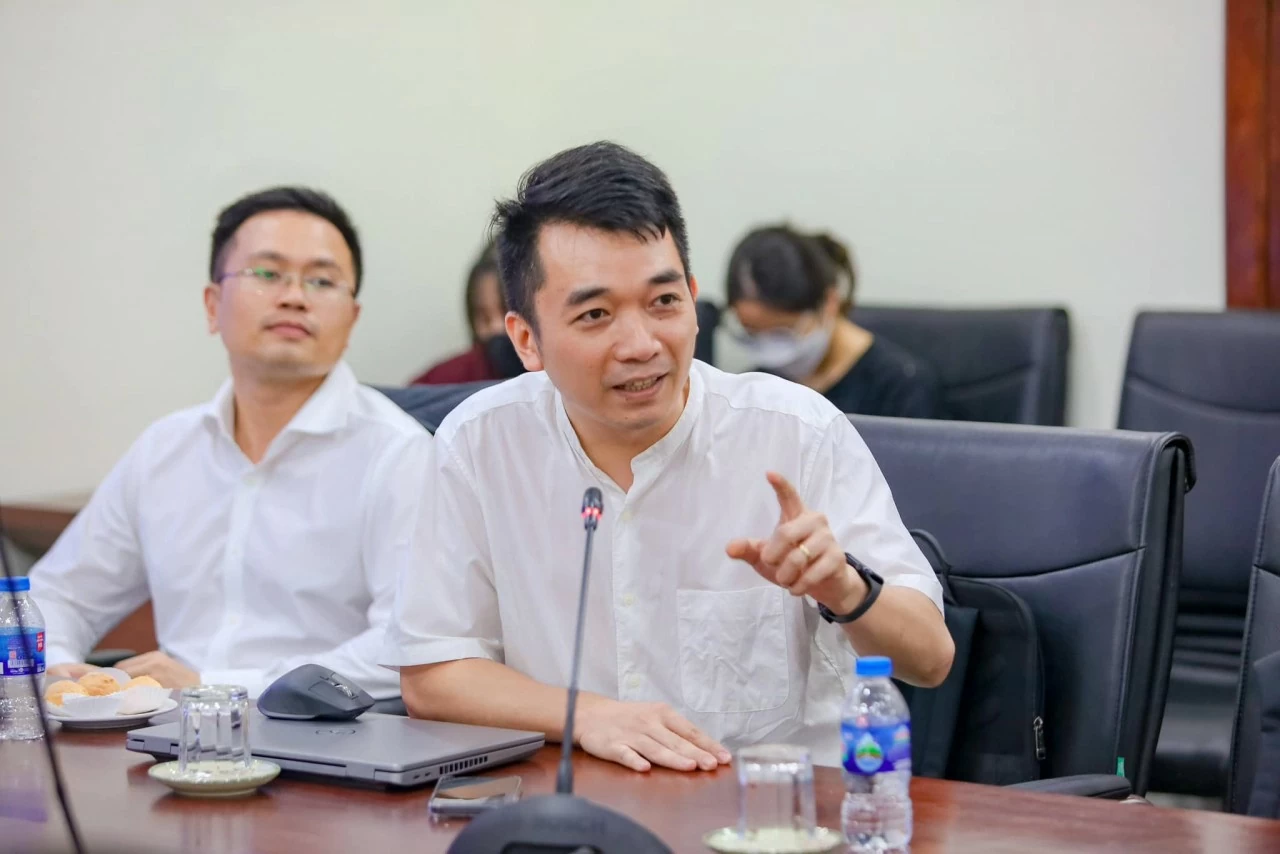 |
| On World Teachers' Day, Dr. Pham Chien Thang said that the most important thing for every teacher to be successful is passion and dedication to the profession. (Photo: NVCC) |
That is the opinion of Dr. Pham Chien Thang, Head of the Faculty of Journalism and Communication, University of Science - Thai Nguyen University on World Teachers' Day (October 5).
The mission of teachers in the digital age
Can you share your perspective on the role of a teacher in the digital age and international integration? What is the most important mission of a teacher?
In the current era of digitalization and international integration in many fields, the role of teachers is becoming more important and diverse. They are not only the ones who impart knowledge but also the ones who guide and advise, helping students approach the world, learn about international culture and environment to become global citizens in the future.
In addition, the rapid development of information technology requires them to constantly update their digital knowledge and skills, to guide students to distinguish and use technology to serve learning effectively. They also play an important role in educating students about ethics in the digital media environment, ensuring they use technology safely and responsibly.
The most important mission of a teacher is to nurture and develop the whole person. This includes inspiring, motivating, developing a passion for learning and encouraging a love of learning.
Teachers need to develop life skills and cultivate ethics in students, encourage creative and critical thinking, and prepare them with the skills needed to succeed in an ever-changing world. Thereby, contributing to creating responsible, confident global citizens who are ready to face the challenges of the new era.
What do you think is most important for every teacher to be successful?
In my opinion, the most important thing for every teacher to be successful is passion and dedication to the profession. When teachers are passionate, they will inspire students, arouse their curiosity and desire to explore in each student. Dedication will motivate teachers to constantly improve themselves, innovate teaching methods, update new knowledge and be ready to overcome challenges to bring the best quality of education.
In addition, the ability to understand and empathize with students is also key. By building close and respectful relationships, teachers can create a friendly learning environment where students feel listened to and encouraged. This helps them develop confidence, willingness to participate and contribute positively to the learning process.
Finally, lifelong learning and flexible problem-solving skills will help teachers adapt to the constant changes in society and technology. By continuously improving professional skills, applying technology to teaching and meeting the diverse needs of students, teachers not only improve teaching effectiveness but also set an example for students in the spirit of progress and innovation.
Change to suit the times
In today's social context, how has the role of teachers changed? How can teachers adapt to these changes?
The role of teachers in today's society has expanded and changed to suit the new demands of the times. In the past, teachers were the main source of knowledge for students. Nowadays, with the development of the internet and information technology, students can easily access a large amount of information. Therefore, teachers need to shift to a guiding role, helping students learn how to search, evaluate and apply information technology to serve their learning effectively.
In addition to academic knowledge, teachers also need to help students develop skills such as critical thinking, creativity, problem solving, communication skills and teamwork. These are important skills for students to adapt and succeed in an ever-changing world. In addition, each student has their own needs, interests and learning abilities. Teachers need to apply flexible and personalized teaching methods to support each student's development to the fullest.
To adapt to these changes, teachers need to be constantly learning, flexible in their teaching methods, and take advantage of technology. Teachers need to constantly update their knowledge, participate in training courses, workshops, and share experiences with colleagues to improve their teaching skills. Learn and implement methods such as differentiated instruction and use diverse assessment tools to meet the needs of students.
Teachers also need to listen to students’ opinions, care about their feelings and encourage their participation in the learning process. This helps build friendly relationships and promote learning motivation. Provide opportunities for students to ask questions, discuss and express their ideas freely. Encourage them to solve problems creatively and independently.
 |
| Ms. Vu Minh Hien with students of Kim Giang Primary School (Thanh Xuan, Hanoi) on the opening day. (Photo: Minh Hien) |
Is there any sustainable solution so that every teacher can dedicate himself, sir?
For each teacher to contribute more to education, sustainable solutions are needed to support and motivate them in their work. These include investing in training and professional development, improving working conditions and remuneration, and providing opportunities for advancement and career development. In addition, there is a need to increase support for resources and technology, encourage collaboration and sharing of experiences among teachers, and support for health and well-being.
Enabling teachers to participate in decision-making at work, connecting with society and parents, applying technology in teaching and building a culture of respect for the teaching profession are also important factors.
In addition to the efforts of teachers themselves, comprehensive support from the Government, schools, and the community will create a favorable working environment, provide development opportunities, and recognize their contributions. From there, teachers will be encouraged and motivated to make more efforts in their work. These sustainable solutions not only improve the quality of education but also contribute to building a developed and civilized society.
Do you have any advice or sharing for the younger generation of teachers, especially in the context of changing education and the growing development of Artificial Intelligence (AI)?
In an era where technology and Artificial Intelligence (AI) are changing the way we live and learn, young teachers need to be flexible in adapting and seizing opportunities for development. They need to learn how to accept and utilize technology, especially AI, in their research and teaching activities.
Teachers should learn and use AI to support the teaching process, integrate technology into lessons and act as mentors to help students develop critical thinking about new knowledge and technology. At the same time, focus on nurturing soft skills and spreading human values, including building good relationships with students, encouraging creative thinking and educating about ethics in the digital age.
In addition, young teachers should also persevere in the goal of lifelong learning and flexibly adapt to changes, focusing on the core values of the teaching profession such as passion and dedication, putting students at the center and maintaining professional ethics. Cooperate, share and learn from experiences from colleagues at home and abroad to expand knowledge for self-development and adaptation in the new era.
Requires efforts from many sides
What are the strengths and weaknesses of Vietnam's education system compared to developed countries?
The strength of the Vietnamese education system compared to developed countries is the spirit of studiousness and respect for teachers. Vietnamese people have a tradition of valuing education, and families and society encourage their children to pursue knowledge. This creates a strong motivation for students to study.
In addition, the Vietnamese education system focuses on providing basic knowledge in many fields such as Mathematics, Literature and other basic sciences. Therefore, students often have a good foundation in these subjects compared to some developed countries.
However, Vietnamese education is still heavily theoretical, with little encouragement for critical thinking, creativity and practical skills. This causes many students to lack the skills to apply knowledge in practice. In addition, compared to developed countries, many schools in Vietnam lack modern facilities, equipment and learning materials, affecting the quality of teaching and learning.
Vietnamese students still lack soft skills such as communication, teamwork and foreign languages compared to students in developed countries, affecting their ability to integrate internationally.
What suggestions do you have to improve the quality of education in our country?
Improving the quality of education in our country requires a comprehensive strategy and efforts from many parties such as the Government, schools, teachers, students and families. In particular, gradually shifting from traditional teaching methods to student-centered methods, encouraging critical thinking, creativity and problem-solving skills.
At the same time, upgrade school infrastructure and equip modern teaching equipment, especially in rural and disadvantaged areas. Encourage the application of information and communication technology in education to create a diverse and rich learning environment. Expand cooperation with developed countries in the field of education to learn from experience, receive advanced technology and teaching methods.
More importantly, it is necessary to enhance professional training and teaching skills for teachers, including technology and foreign language skills; and improve remuneration to attract and retain good teachers.
Thank you!
Source: https://baoquocte.vn/ts-pham-chien-thang-nha-giao-can-chuyen-minh-de-khong-loi-nhip-trong-thoi-dai-so-288215.html


![[Photo] Prime Minister Pham Minh Chinh receives Deputy Prime Minister of the Republic of Belarus Anatoly Sivak](https://vstatic.vietnam.vn/vietnam/resource/IMAGE/2025/4/2/79cdb685820a45868602e2fa576977a0)
![[Photo] Special relics at the Vietnam Military History Museum associated with the heroic April 30th](https://vstatic.vietnam.vn/vietnam/resource/IMAGE/2025/4/3/a49d65b17b804e398de42bc2caba8368)
![[Photo] Moment of love: Myanmar people are moved to thank Vietnamese soldiers](https://vstatic.vietnam.vn/vietnam/resource/IMAGE/2025/4/3/9b2e07196eb14aa5aacb1bc9e067ae6f)
![[Photo] Comrade Khamtay Siphandone - a leader who contributed to fostering Vietnam-Laos relations](https://vstatic.vietnam.vn/vietnam/resource/IMAGE/2025/4/3/3d83ed2d26e2426fabd41862661dfff2)


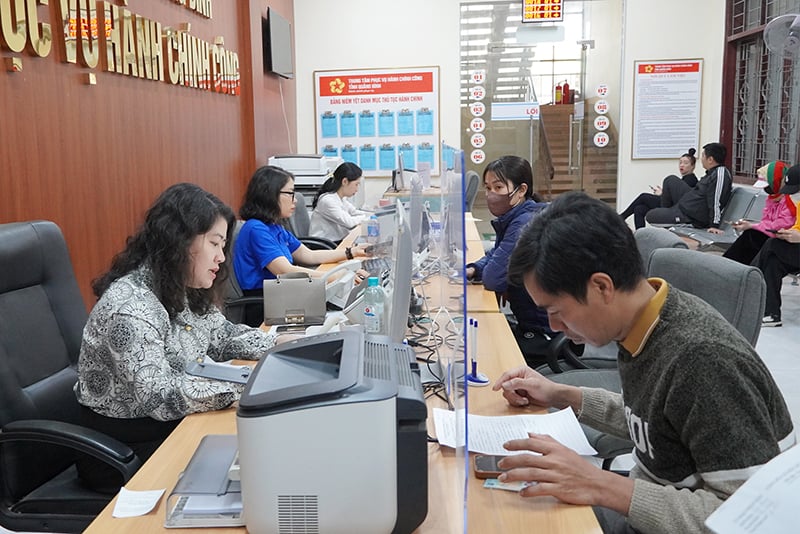



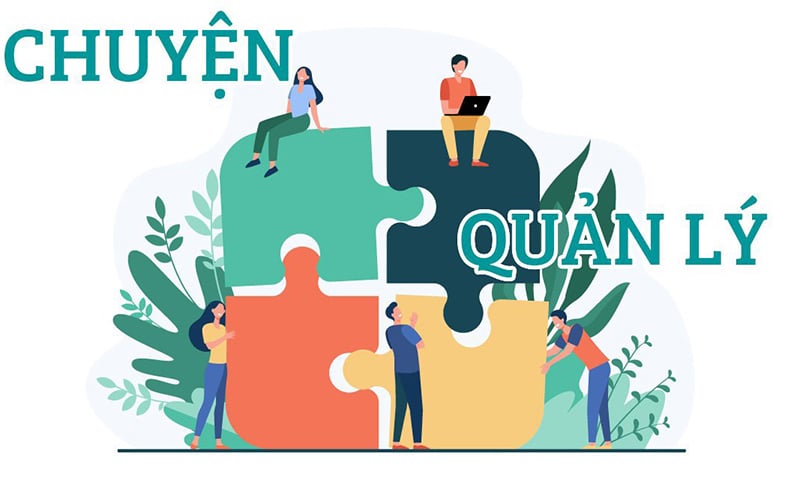

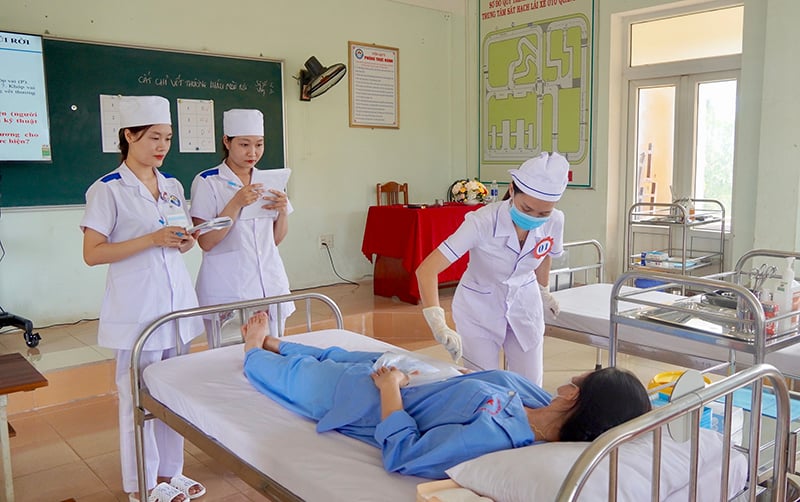
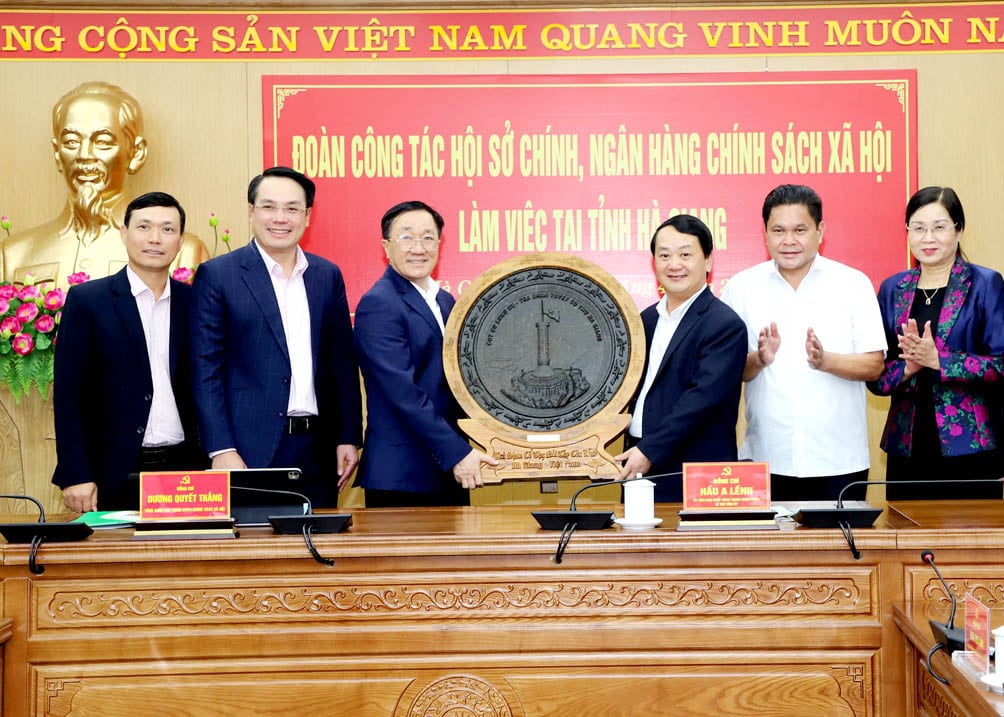
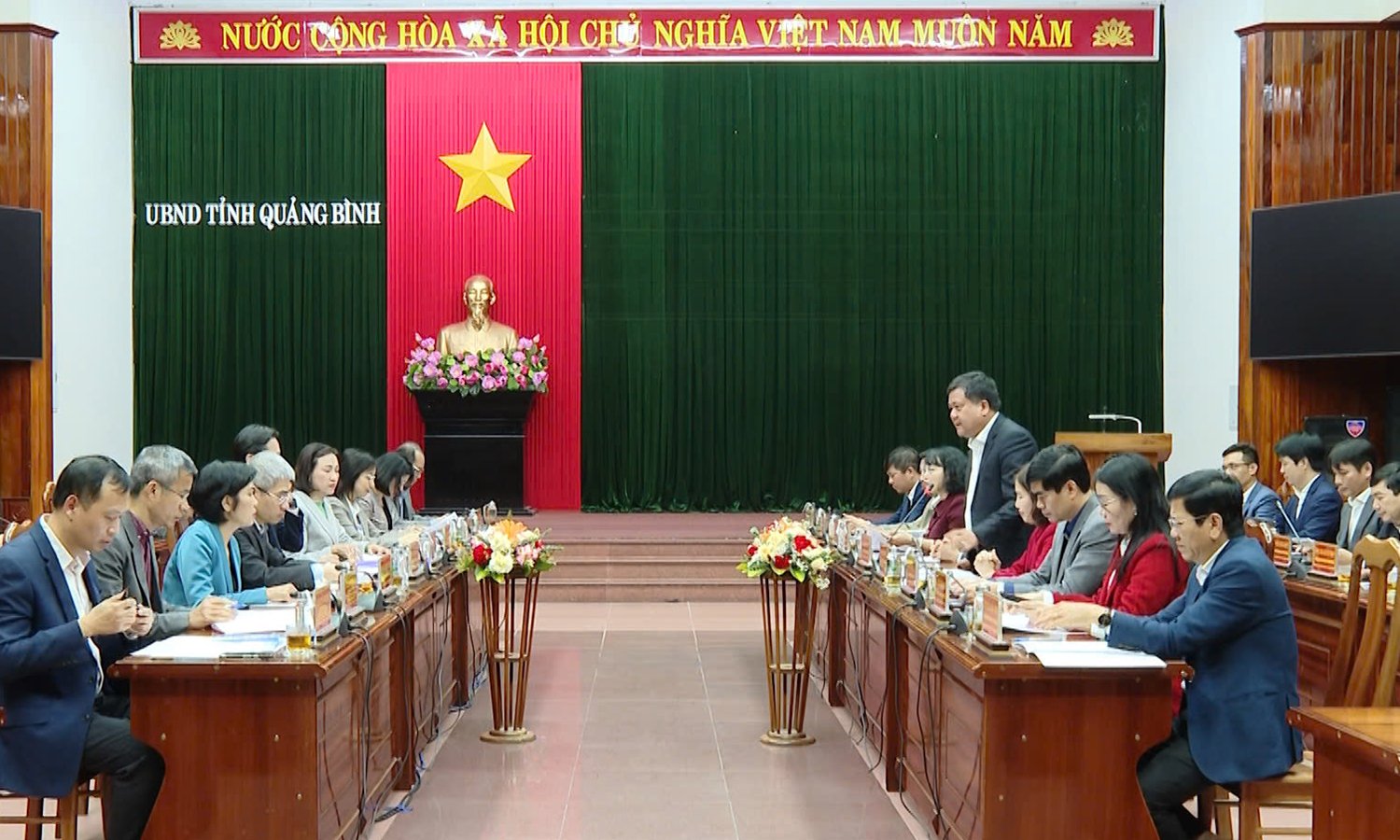

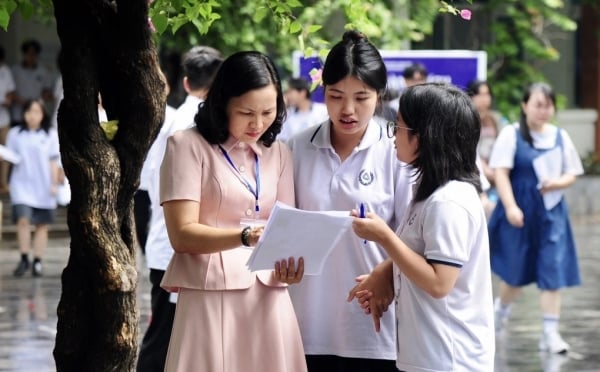
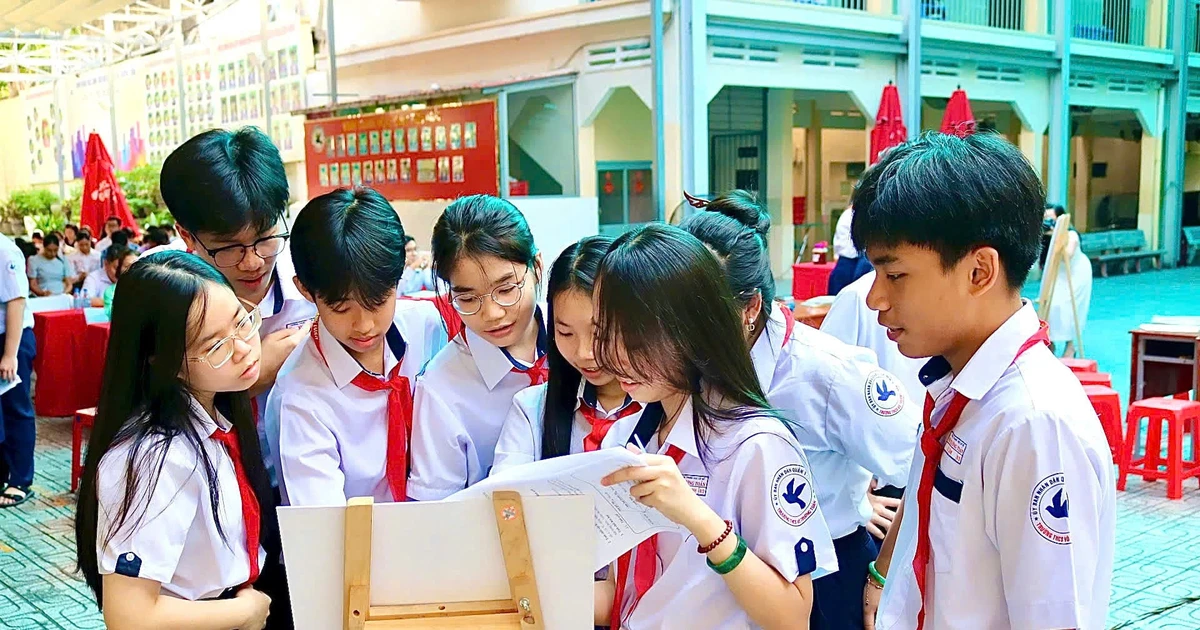
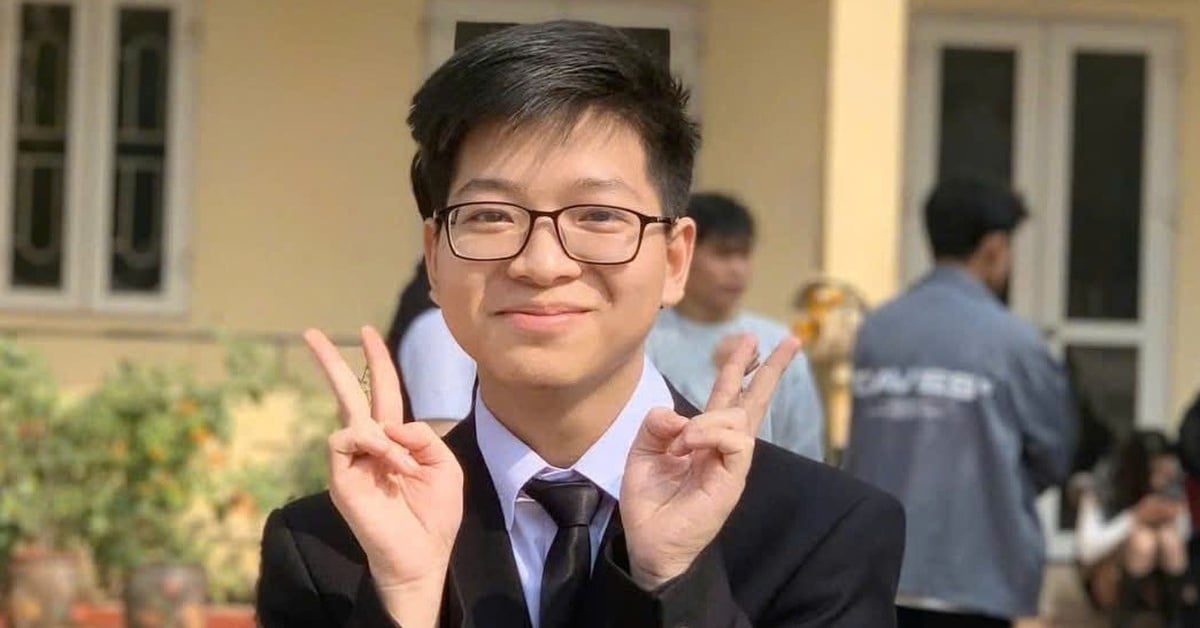
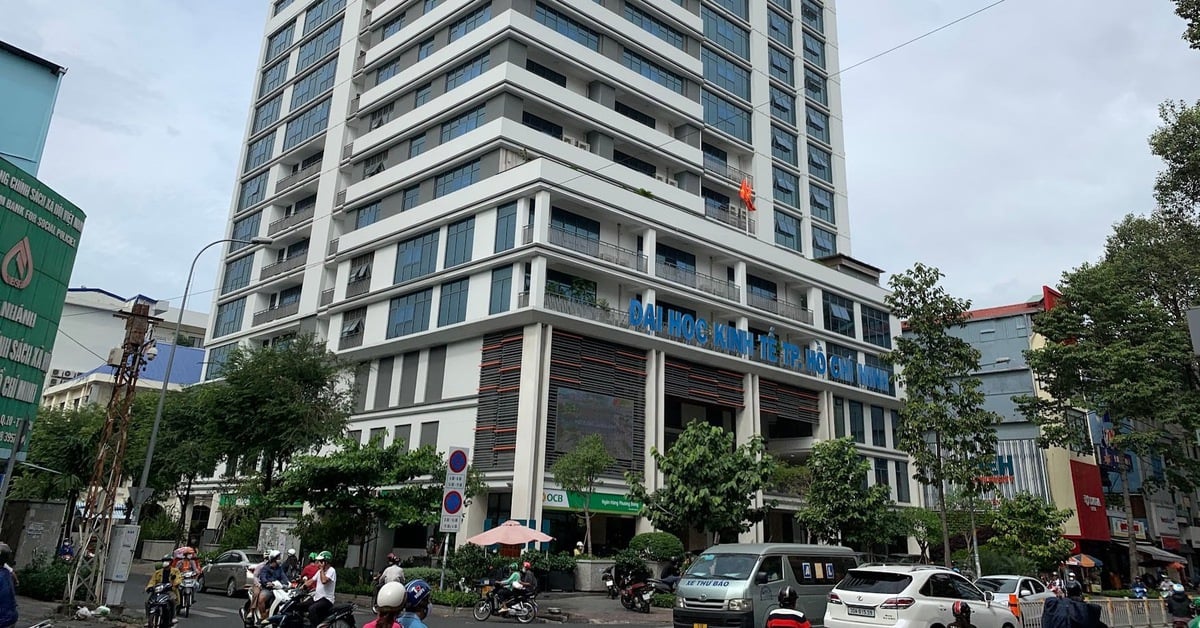
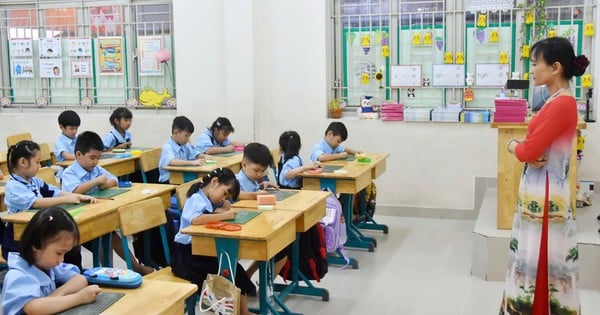






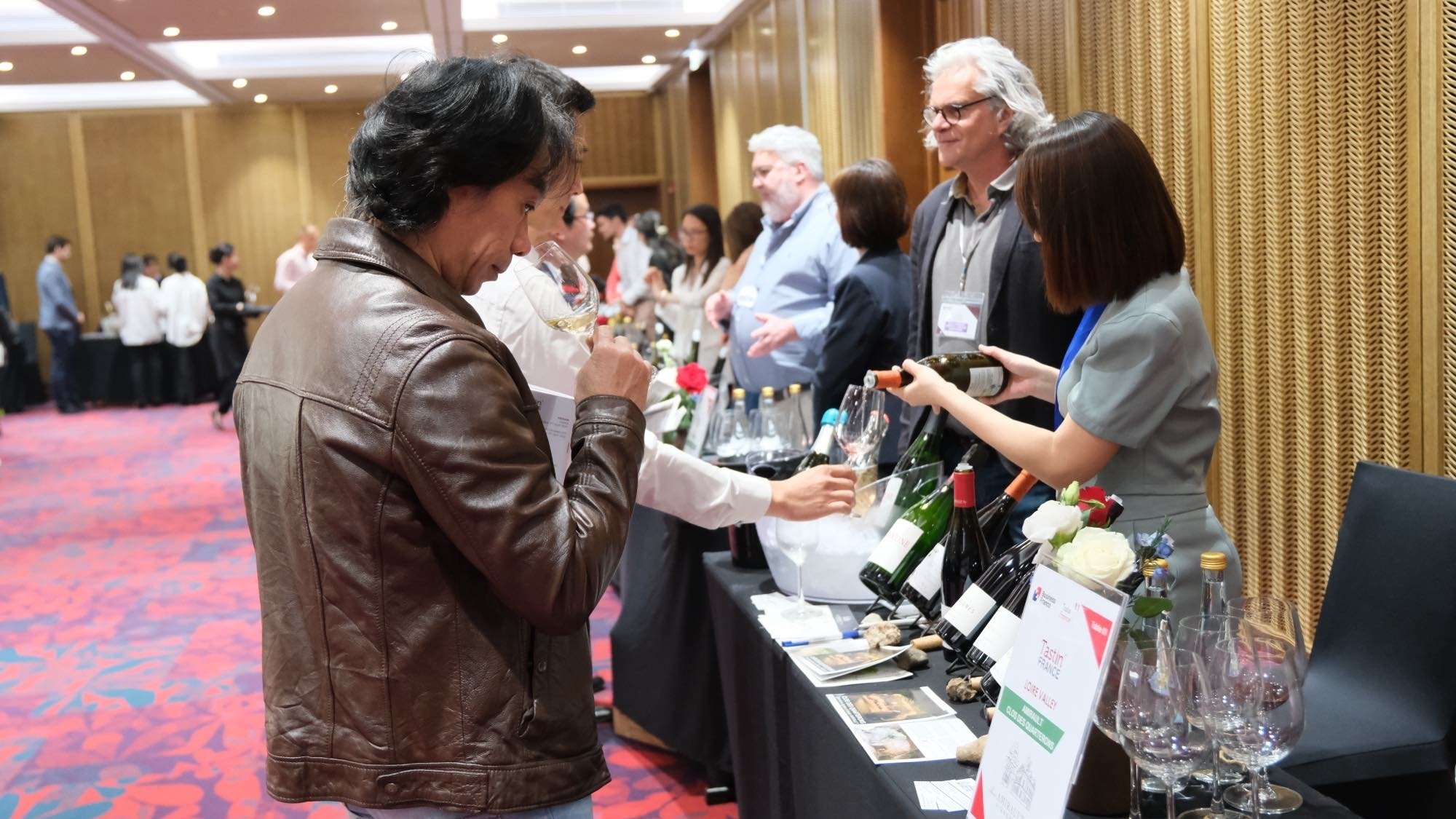
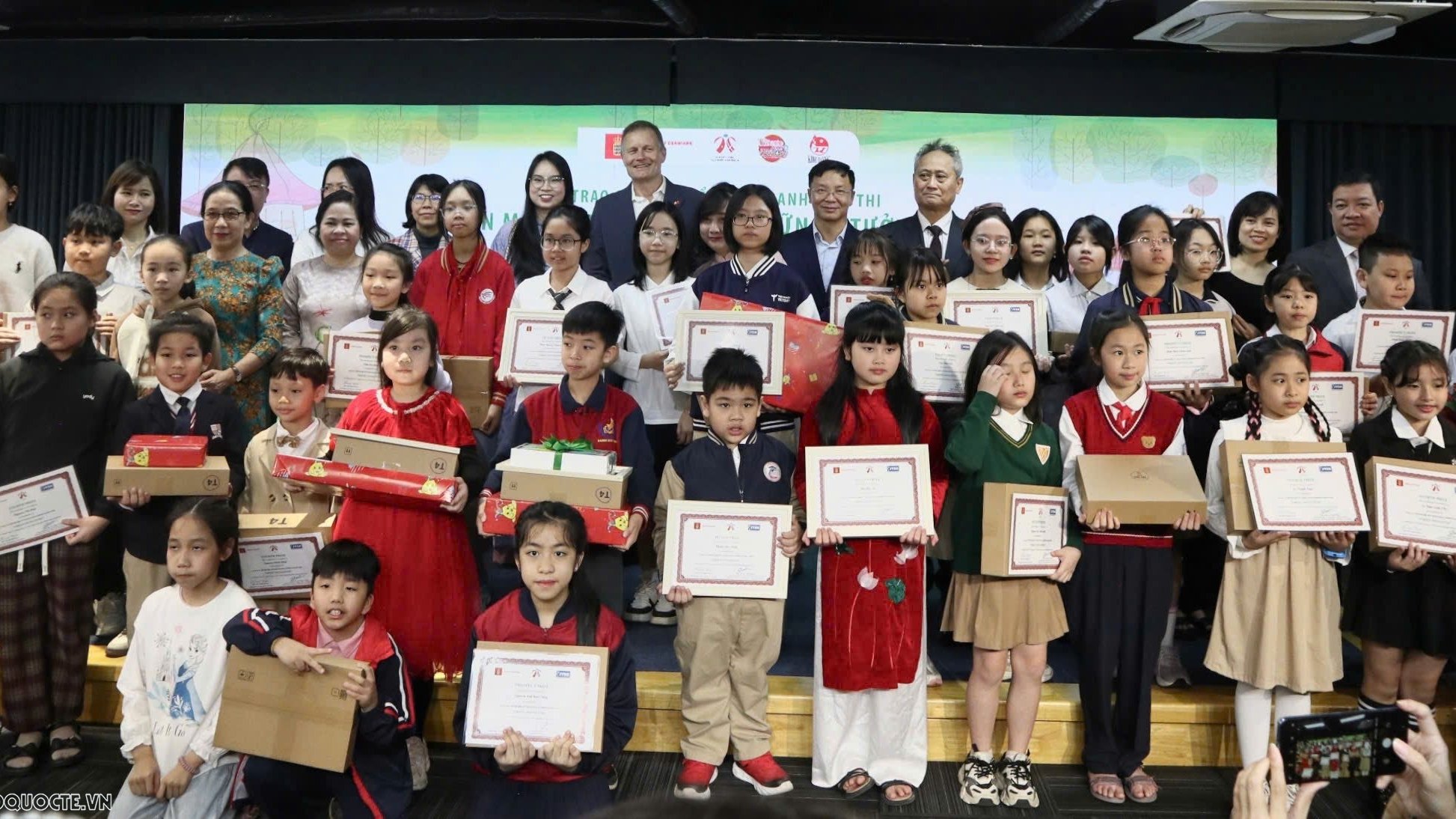
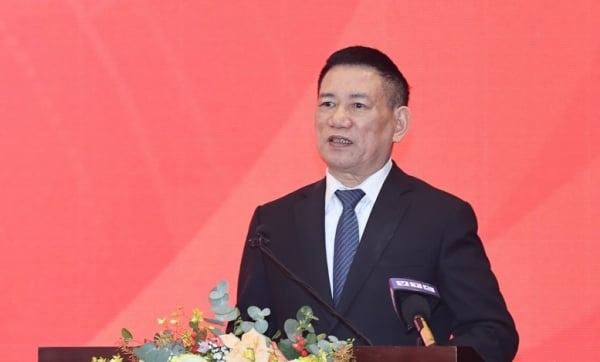
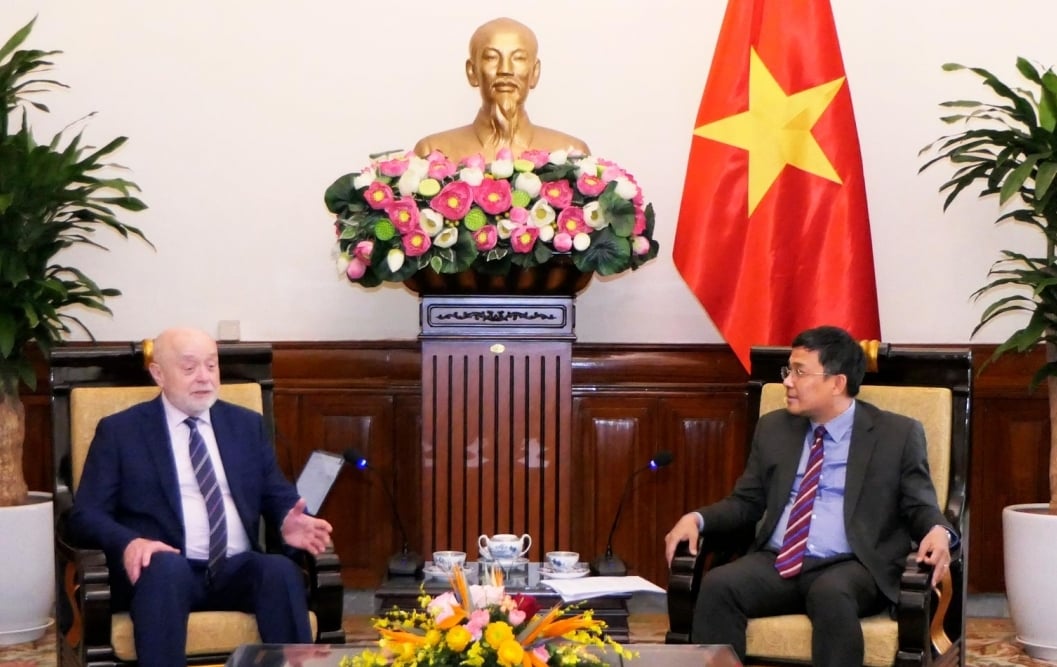


































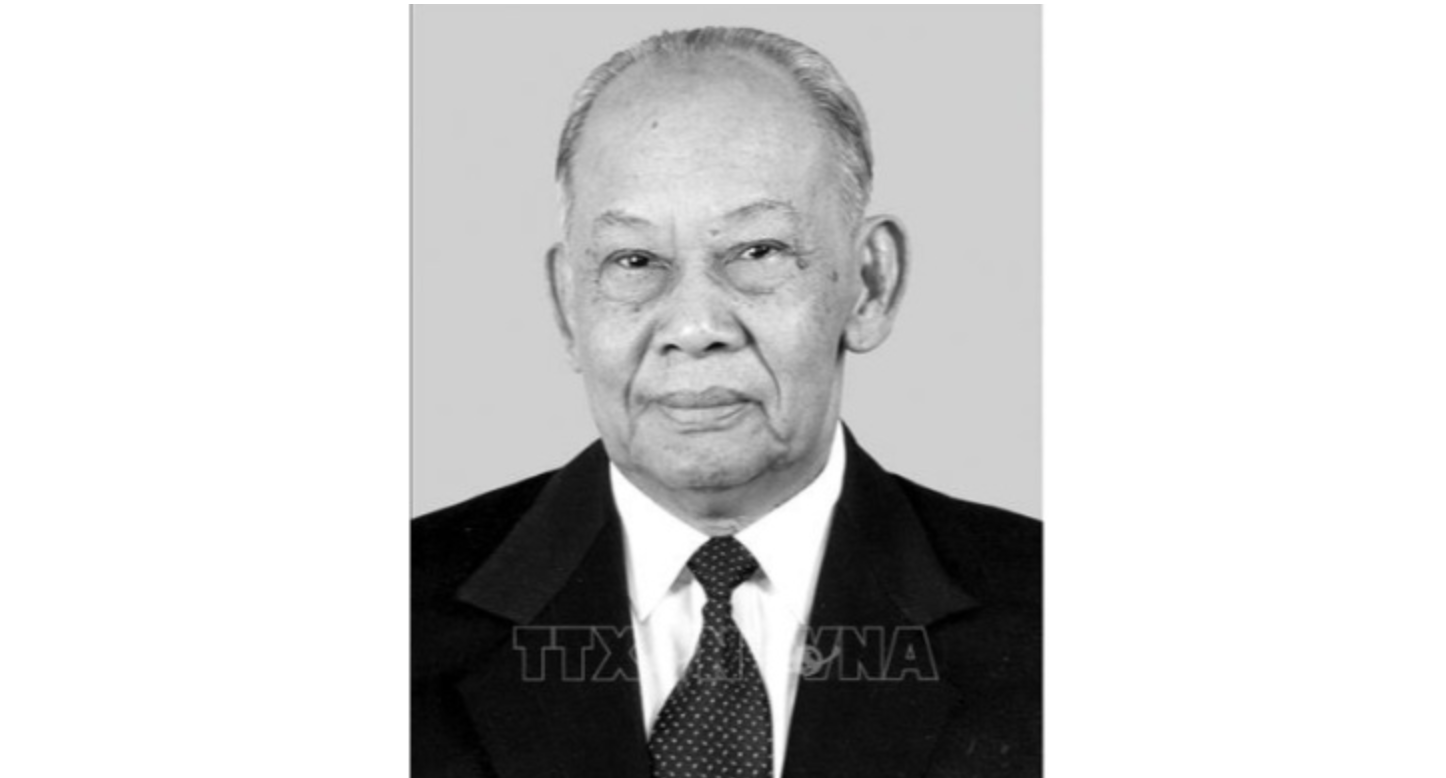

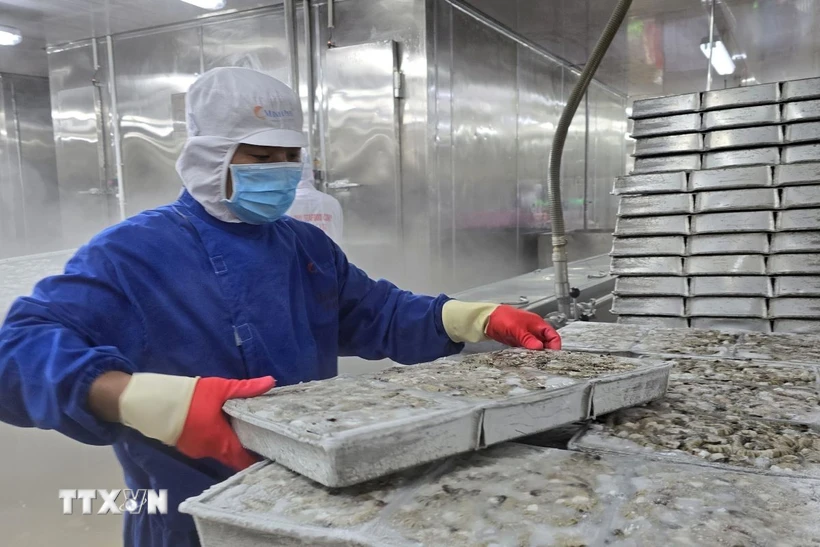
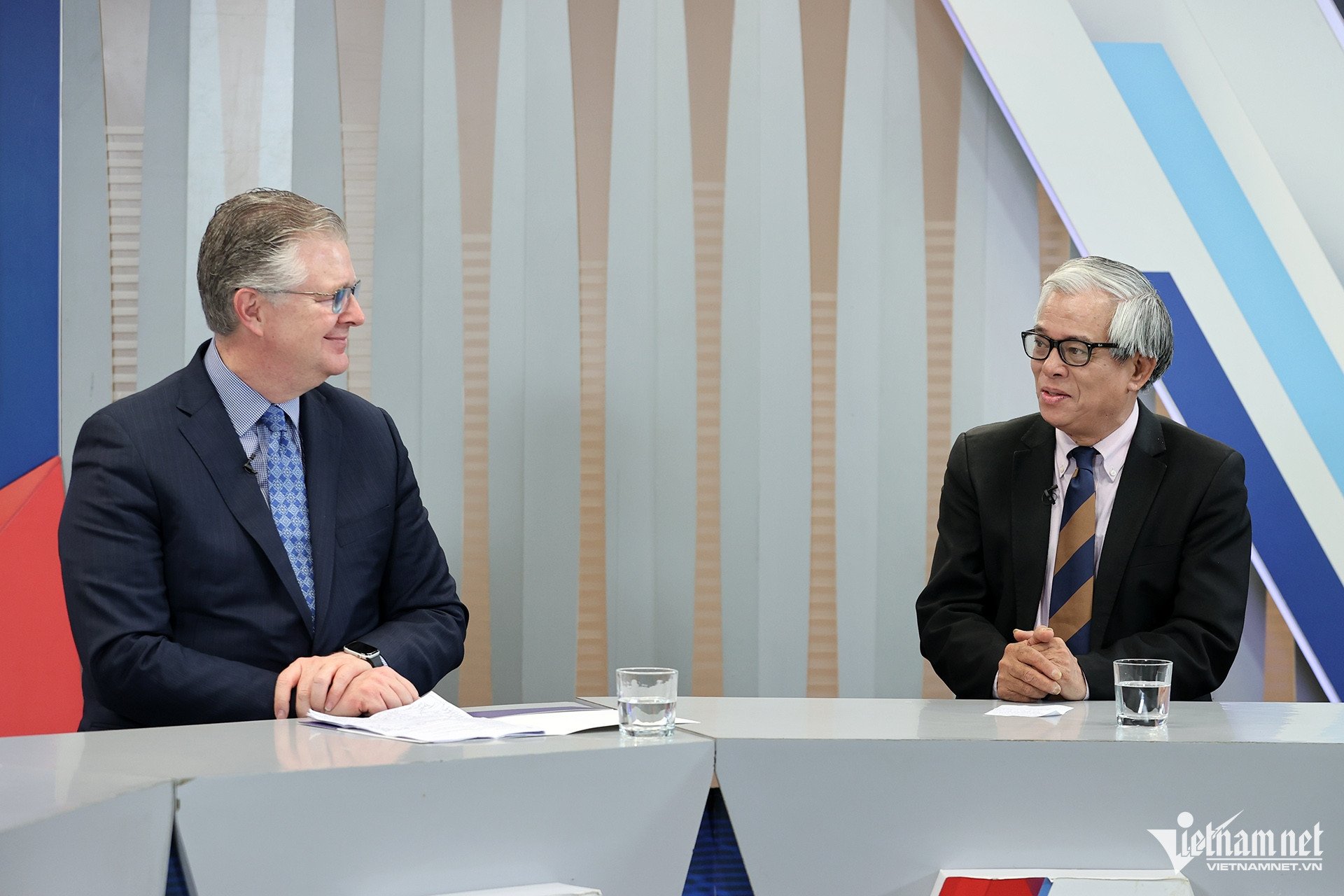
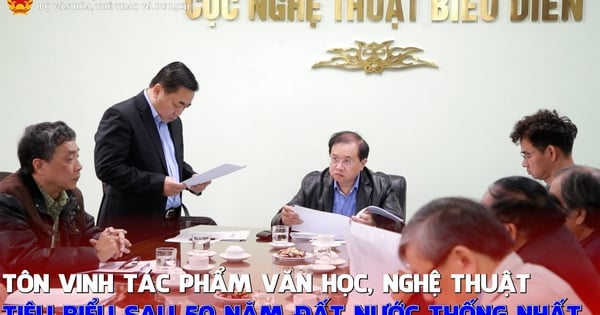

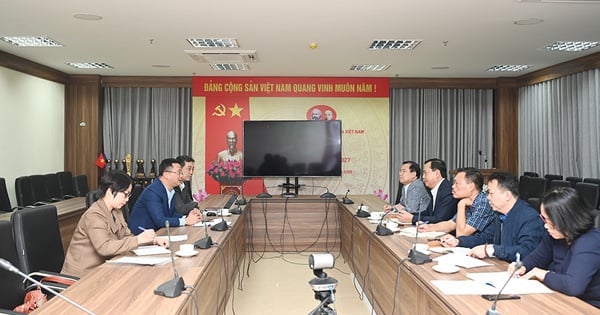
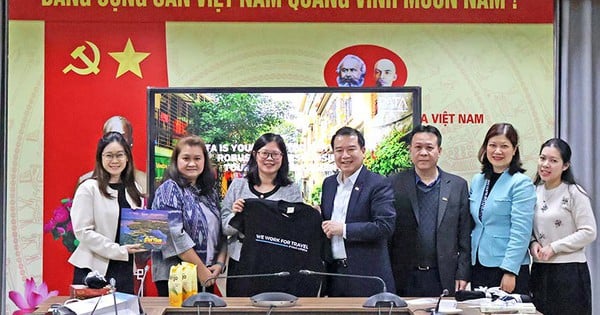
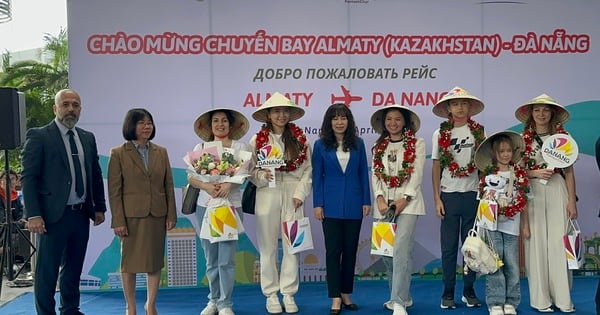




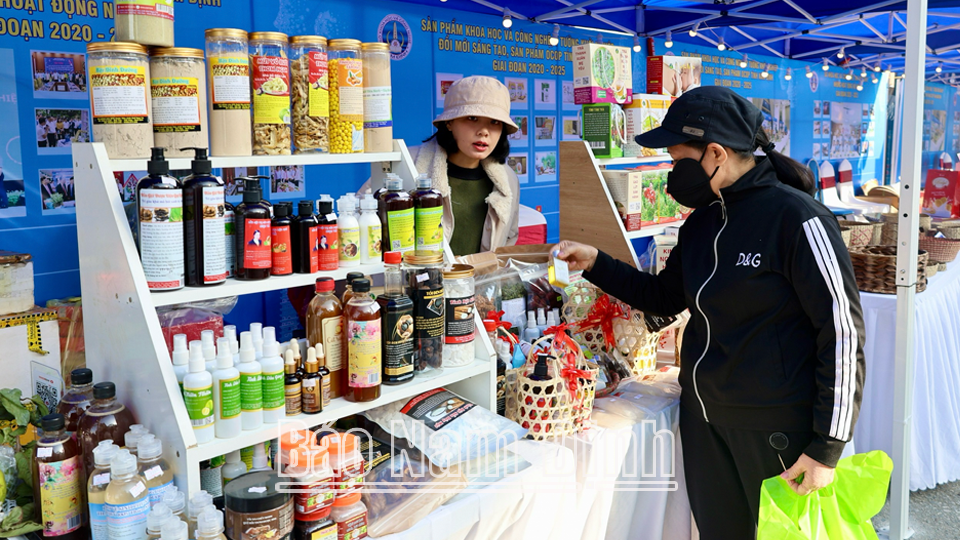


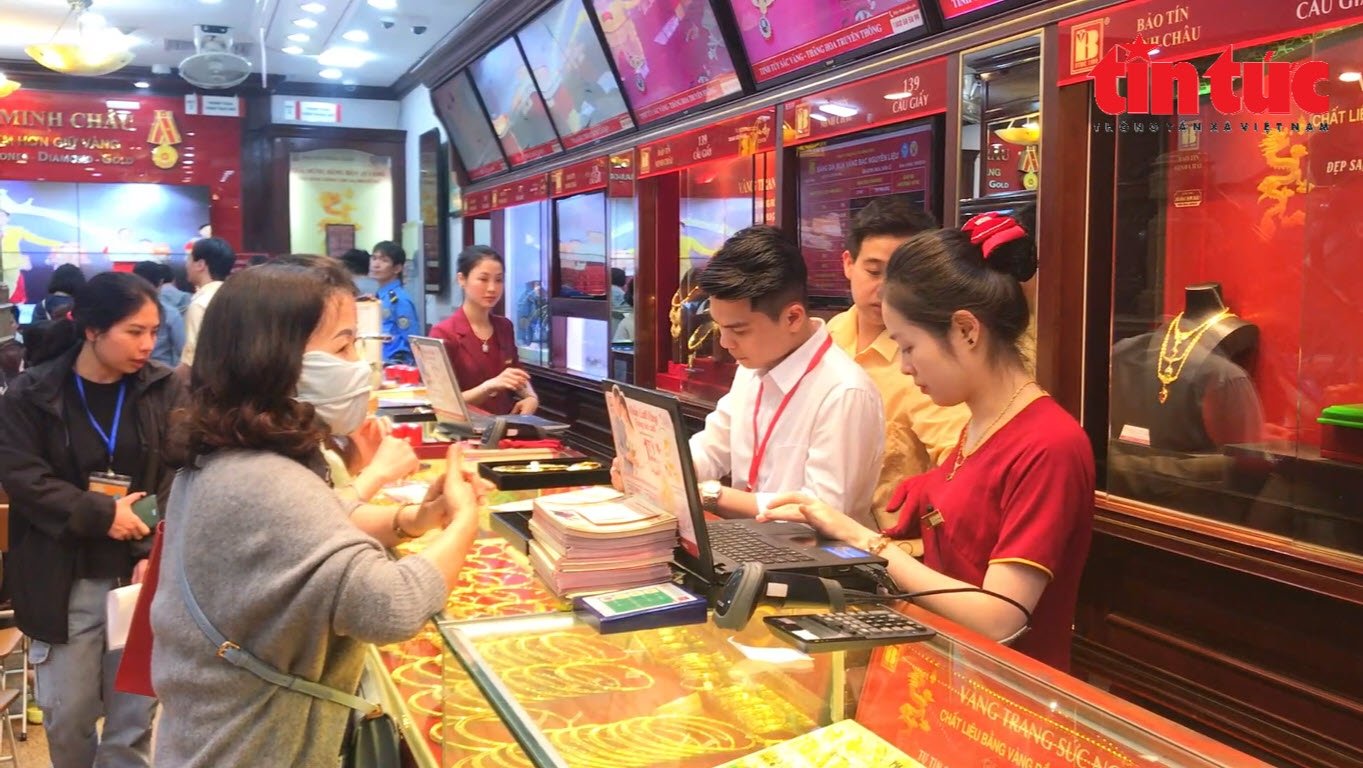


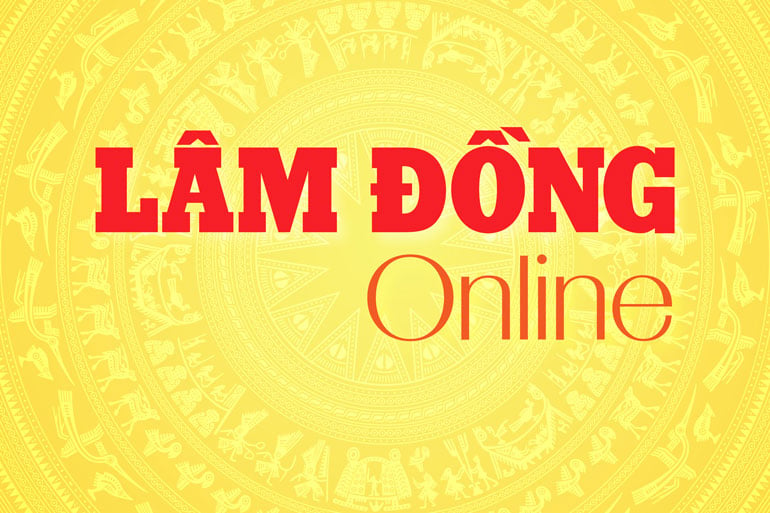












Comment (0)